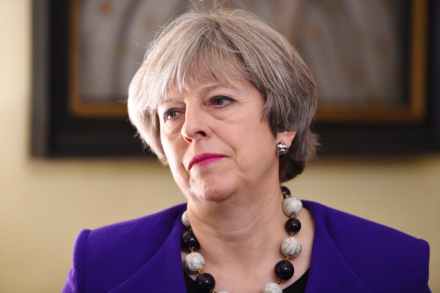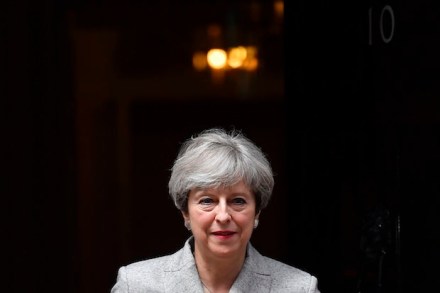Andrea Leadsom receives anti-Brexit death threat
Boris Johnson will have his work cut out on Wednesday when he attempts to give a speech uniting Remainers and Brexiteers. Last week, Brexiteers started received death threats from the mysterious ‘real 48 per cent’. Zac Goldsmith was the first to go public when an 80-year-old constituent received one in the mail. Now Andrea Leadsom is the latest to receive the poison pen letter: Pretty despicable whoever sent me this. We live in a democracy- death threats because you don’t agree? And unsigned? coward… pic.twitter.com/ERnRvvVxWo — Andrea Leadsom MP (@andrealeadsom) February 12, 2018 As Mr S pointed out last week, there was always something rather sinister about the Remainer claim that


















